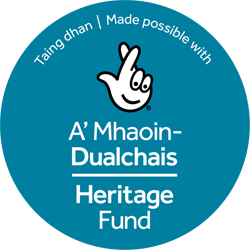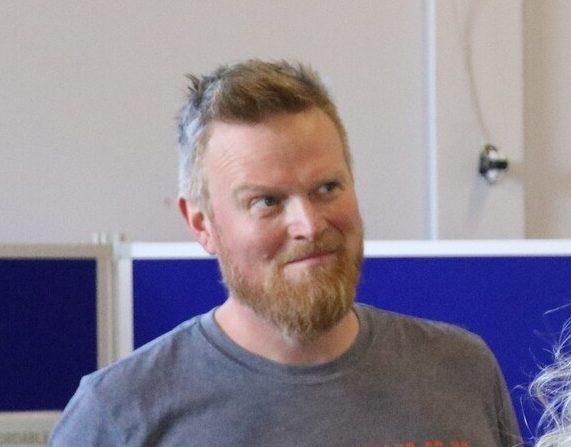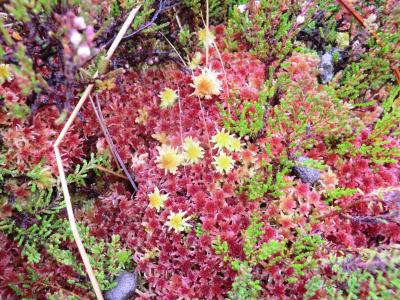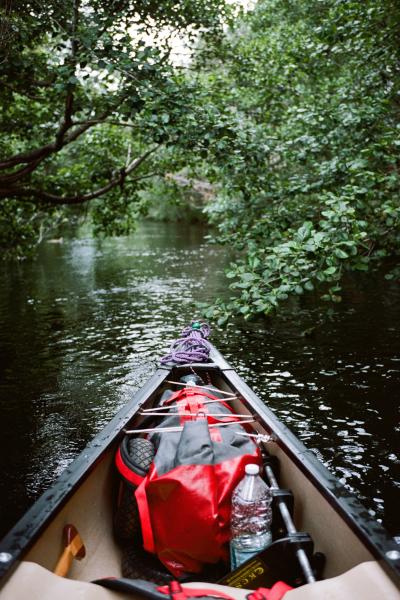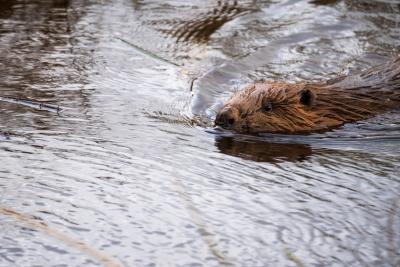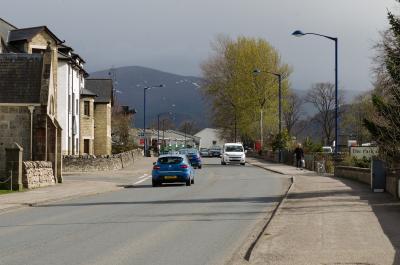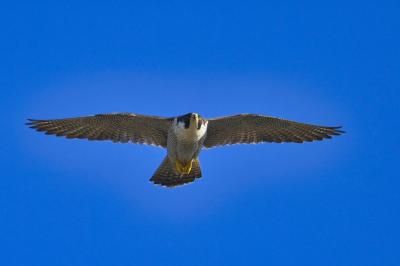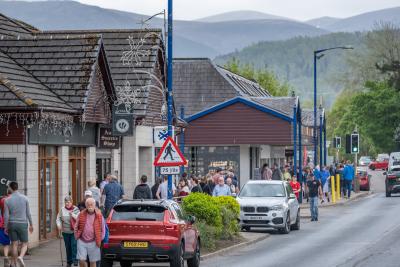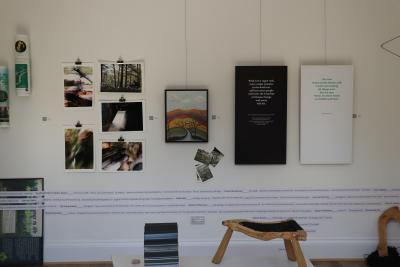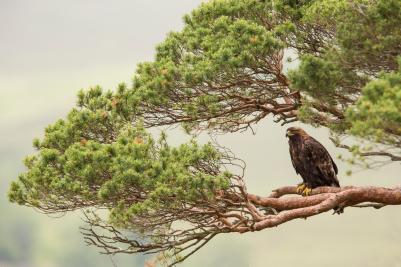Getting into gear with Andy from the SPIN Project
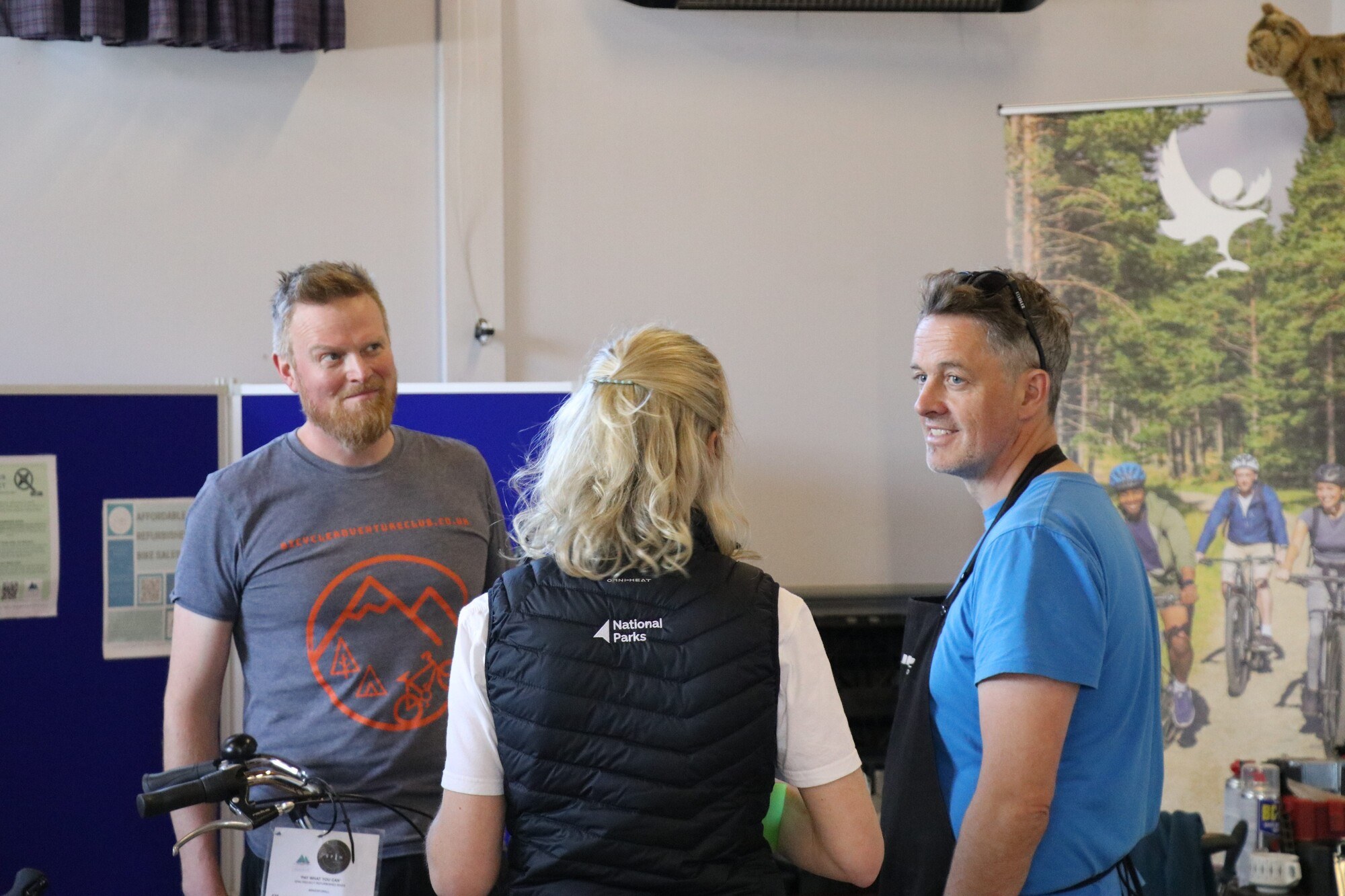
What do bikes and cycling mean to you personally?
Bikes have been a constant in my life. One Christmas, aged seven, I got a BMX. From then on, it was like a vehicle. It’s something you can take apart and put back together. As a young boy, it appealed in many ways. Growing up, I got more bikes, more confident, and more intrigued with cycling.
I remember being 11, cycling the canals around home, and seeing a sign that said “Dudley – 48 miles”. I lived in Dudley, and 11-year-old me was 48 miles away from home! My parents didn’t have a clue. It was like a light bulb moment, I couldn’t believe me and my bike did this. That was the start of the journey.
There were a few years where I went away and did other things, but I’ve always come back to bikes. That freedom, that exploring, that adventure, the journey with an unknown outcome. It’s exciting. Bikes are cool.
I’ve always come back around to bikes. That freedom, that exploring, that adventure, the journey with an unknown outcome. It’s exciting. Bikes are cool.
What is the SPIN Project, and what is it trying to do?
The SPIN Project was born out of 12-year-old Andy, who had the opportunity to go off the rails and was in with the wrong crew. I discovered the Army Cadets shortly after and I realized that there was a group of other adults outside of my family circle who were willing to put something into me, willing to give me the best chance. The SPIN Project is my payback. I want to be that person, I want to create an environment where I can put back into people, whether it’s the youngsters in our community through our work in schools, or anybody out there who needs help.
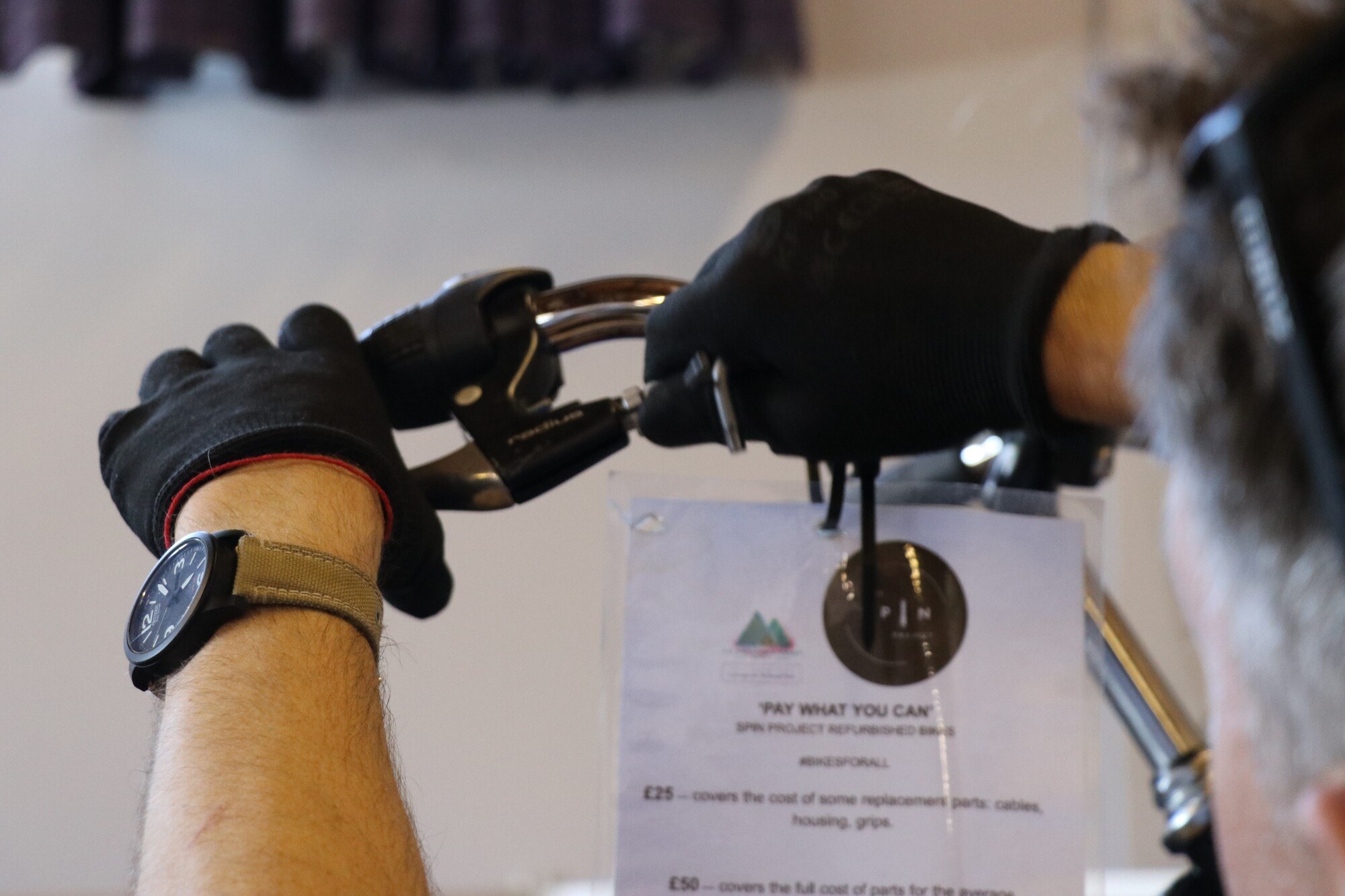
I want to create an environment where I can put back into people, whether it’s the youngsters in our community or anybody out there who needs help.
Bikes made sense to me because it’s what I do. The SPIN Project helps people get bikes, through our refurbished scheme, you can pick up a bike for £25. People donate them and our volunteers fix them. When people come to us and you see the fear in their eyes because they have gone into shops and seen bikes costing thousands of pounds, it’s so nice to see the real relief on their faces when they see our prices.
That is where SPIN comes in. I see us opening the door and holding it open for people and saying “Come in, biking is for you, and it can cost you £25, and you can go cycling!”
Each time you see people relax and just brighten up, stand taller, you know, and they understand that they can get the thing they want without having to overstretch themselves. Certainly with the cost of living right now people are feeling it, so it’s nice to be able to help!
Young people we have helped locally have been coming past the shop, popping in, saying hello. It has been great building that community and the SPIN Project story.
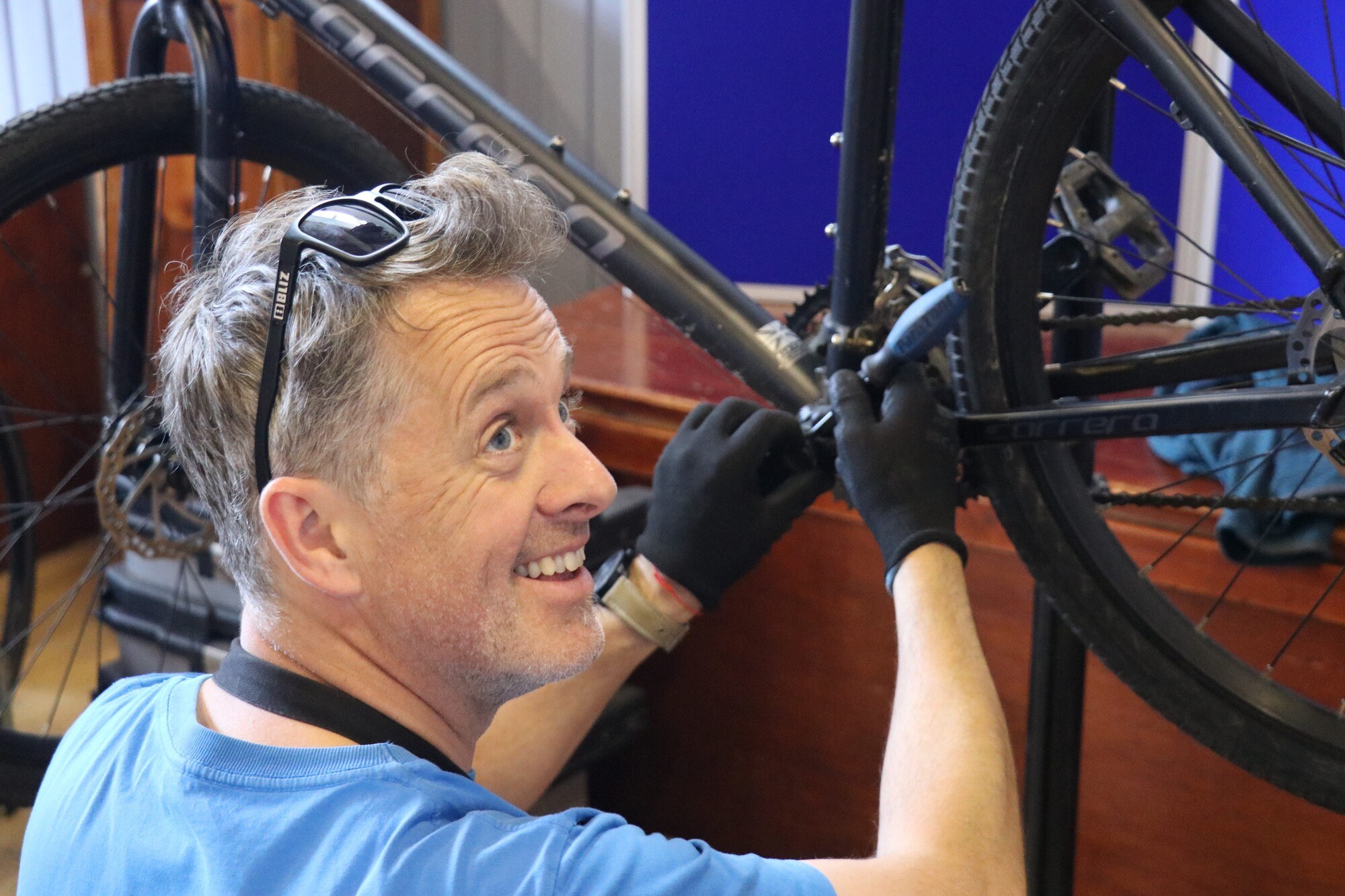
What are some of the barriers that you’ve seen stop people from being able to cycle?
The barriers stopping people from cycling are multifaceted. A big factor is cost, as I’ve said.
Another barrier is infrastructure. We are lucky here. There are lots of connections, but we still need to carry on building more. More cycleways separate to the road, better signposting and public transport that connects with cycling for joined up journeys.
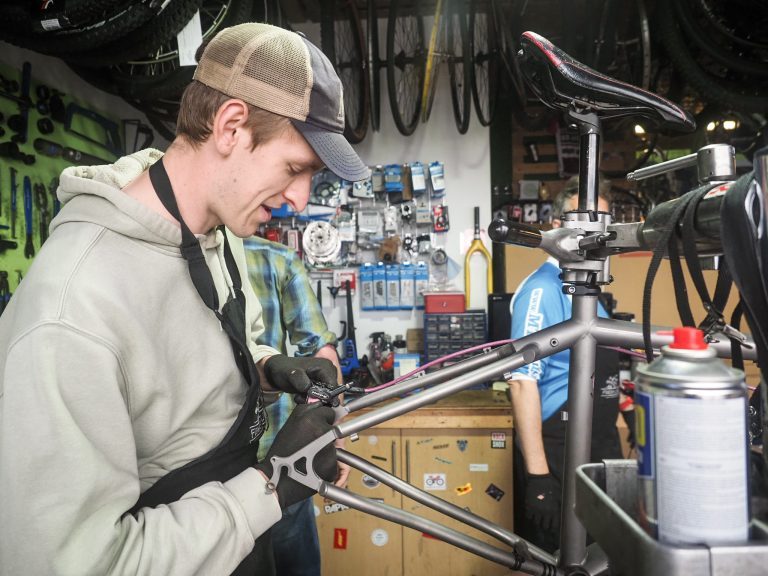
What are the benefits of cycling and being able to get around on a bike?
Apart from being able to go 50 miles away from your parents? The obvious one is the physical benefit, which helps you stay fit and healthy and the mental benefit, we can’t argue with that. Also helping the planet, driving towards the National Park’s net zero targets.
The National Park is all about people and nature thriving together. How does the SPIN Project fit into this?
Helping to reach net zero, I think we’re helping tell that story, drive that idea, more bikes, more people, more community. Some people come here just for a blether, and that’s okay. I want it to be that space, and that’s the basis of community. I think that gathering space where you can just have a chat. That’s part of how we fit in. I want to continue that.
What do you see for the SPIN Project in the future?
We still have lots of ideas! The SPIN Project is still young, none of the ideas are new, but they’re new here. We would like to continue working with young people, helping to expand their sense of place. I meet so many youngsters that haven’t been far out of Aviemore. Bikes can be the vehicle for exploring.
Is there anything else you would like people to know about the SPIN Project?
That you can get involved, because that, again, is community. The more people we have helping, makes it more sustainable, the more people that know about the story. I think storytelling is so important because that’s how we can affect change.
The SPIN Project promotes cycling, sustainability and community in Aviemore, in the Cairngorms National Park, and we are celebrating this as part of Scotland’s Climate Week 2024. The SPIN Project also run an e-Cargo Trike Community Share scheme and “Dr. Bike” workshops, which offer free bike safety checks.
The project is supported by the Cairngorms Trust and the Scottish Government in partnership with Cairngorms National Park Authority. The project has also received Cairngorms 2030 funding for bike sessions. You can find out more information about the SPIN Project on their website.
The Cairngorms 2030 programme is made possible by The National Lottery Heritage Fund, thanks to National Lottery players.
